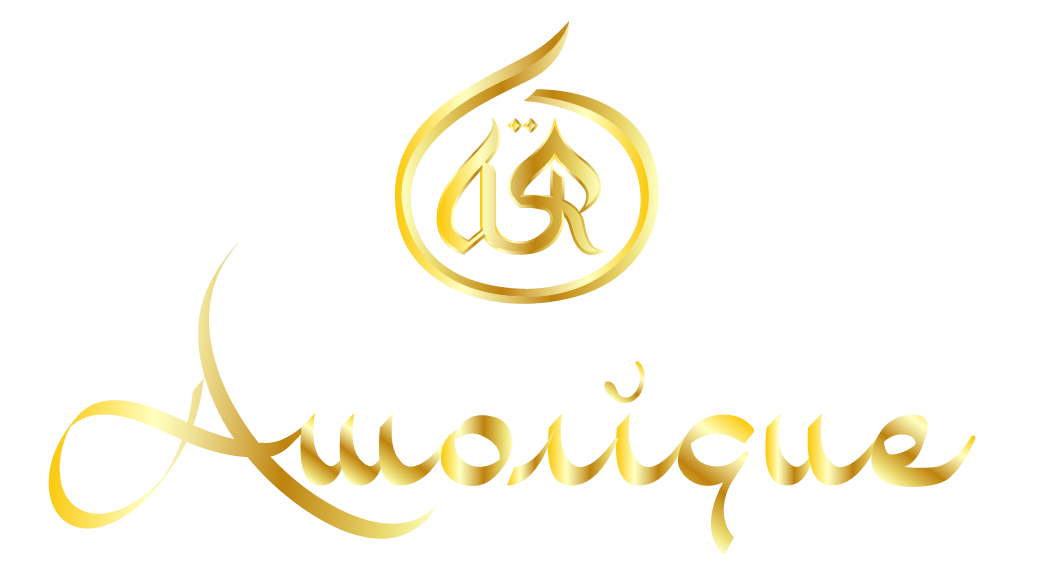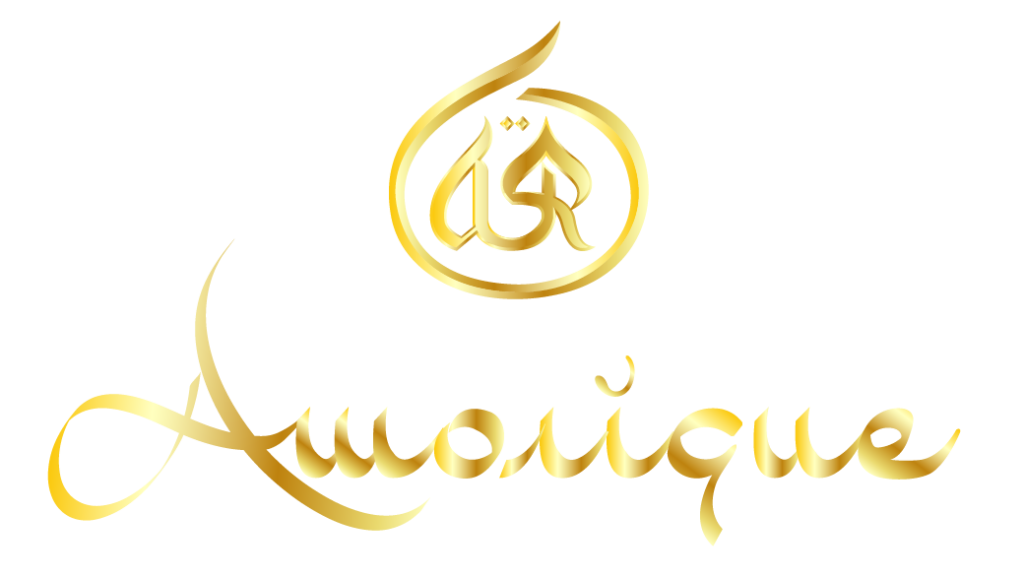The Art of Gifting in Islamic Traditions: A Celebration of Faith and Connection
In Islamic culture, gift-giving holds a cherished place as a way to express love, gratitude, and unity. Deeply rooted in the teachings of Islam, gifting is more than a cultural practice; it is a Sunnah (tradition) of the Prophet Muhammad (peace be upon him), who encouraged the exchange of gifts to strengthen bonds of affection. Gifts are exchanged during religious events, life milestones, and as acts of kindness, symbolizing blessings (barakah) and fostering goodwill within communities.
The Significance of Gift-Giving in Islam
Gift-giving is a noble act of kindness that fosters goodwill and strengthens bonds between the giver and the recipient. It is deeply rooted in Islamic teachings and is one of the good manners recommended by Prophet Muhammad (peace and blessings be upon him).
Imam Al-Bukhari (may Allah have mercy upon him) narrated that ‘Aa’ishah (may Allah be pleased with her) said:
“The Messenger of Allah (peace and blessings be upon him) used to accept gifts and reward people for giving them.”
The phrase “reward people for giving them” means that the Prophet (peace and blessings be upon him) would reciprocate by giving the giver something of equal or greater value in return.
This narration highlights the importance of both accepting gifts and reciprocating kindness, which was the way of the Prophet (peace and blessings be upon him). It teaches Muslims the etiquette of expressing gratitude and maintaining mutual respect and appreciation through acts of giving.
The Prophet (peace and blessings be upon him) also emphasized responding to favours, as he said in an authentic narration:
“Whoever does you a favour, respond in kind, and if you cannot find the means of doing so, then keep praying for him until you think that you have responded in kind.”
[Abu Dawood, Hadith 1672]
This Hadith underscores the value of showing gratitude, either by reciprocating with a tangible gift or, when that is not possible, by praying for the giver. The act of giving and reciprocating promotes harmony, generosity, and a sense of community among Muslims.
In essence, gift-giving is not only a means of expressing love and appreciation but also a way of following the Sunnah of the Prophet Muhammad (peace and blessings be upon him). By giving gifts with sincerity and reciprocating kindness, Muslims can strengthen their relationships and emulate one of the many beautiful aspects of the Prophet’s character.
Occasions for Gifting in Islamic Traditions
1. Ramadan: A Time of Generosity
During the holy month of Ramadan, Muslims around the world focus on charity and acts of kindness. It is a time when gifts such as dates, prayer mats, Qur’ans, and tasbihs are shared with loved ones. These gifts not only serve as practical tools for worship but also carry deep spiritual significance, encouraging recipients to stay connected to their faith.
2. Eid al-Fitr and Eid al-Adha: Celebrations of Joy and Gratitude
Eid al-Fitr, marking the end of Ramadan, and Eid al-Adha, commemorating the story of Prophet Ibrahim’s (AS) sacrifice, are joyous occasions for gift-giving. Families and friends exchange thoughtful presents like clothing, sweets, perfumes, or handcrafted jewellery. It is also customary to give children Eidiya (money or gifts) as a way to include them in the celebrations.
3. Life Milestones: Honouring New Beginnings
Life events such as weddings, the birth of a child, or moving into a new home are opportunities to give meaningful gifts. In Islamic weddings, gifts like gold jewellery, Qur’ans, or Islamic calligraphy pieces are common, symbolizing blessings for the couple’s future. For newborns, tasbihs or framed Ayat-ul-Kursi (Verse of the Throne) are thoughtful gestures, offering spiritual protection and blessings.
4. Acts of Kindness: Everyday Gifting
Beyond special occasions, Islam encourages the habit of giving gifts as a way to foster goodwill. A small, thoughtful gift—a book, a piece of Islamic jewellery, or even a handwritten note—can brighten someone’s day and strengthen relationships.
Symbolic Gifts in Islamic Culture
1. Tasbih (Prayer Beads):
One of the most meaningful gifts in Islamic culture, tasbihs symbolize devotion and mindfulness. Gifting a beautifully crafted tasbih encourages the recipient to engage in dhikr (remembrance of Allah) and maintain a spiritual connection in their daily life.
2. Perfumes (Attar):
Perfumes hold a special place in Islamic tradition, as the Prophet Muhammad (PBUH) loved fragrance and encouraged its use. High-quality attar or oil-based perfumes are thoughtful and elegant gifts, often exchanged during Eid or weddings.
3. Islamic Jewellery:
Jewellery featuring Arabic calligraphy or Qur’anic verses combines beauty with faith. Whether it’s a necklace engraved with Subhan Allah or a bracelet with the 99 names of Allah, Islamic jewellery is a meaningful and versatile gift for loved ones.
4. Qur’ans and Islamic Books:
Gifting a beautifully bound Qur’an or an educational Islamic book is a timeless way to encourage learning and devotion. These gifts are especially meaningful during Ramadan or when celebrating milestones like a child completing their first reading of the Qur’an (Khatam).
Making Gifting Meaningful in Islamic Traditions
• Focus on Intention: The heart of Islamic gift-giving lies in the intention behind the act. A gift given with sincerity, no matter how simple, carries immense value.
• Emphasize Practicality and Faith: Gifts that enhance spirituality—such as tasbihs, prayer mats, or Islamic art—are always well-received.
• Celebrate the Recipient’s Journey: Whether it’s a newlywed couple, a child beginning their Islamic studies, or a friend seeking mindfulness, choose gifts that reflect their personal milestones and aspirations.
Conclusion: Sharing Barakah Through Gifts
In Islam, gifts are more than material exchanges; they are gestures of love, connection, and blessings. From Ramadan and Eid to everyday acts of kindness, the tradition of giving reinforces bonds of faith and community. By choosing meaningful gifts like tasbihs, Islamic jewellery, or Qur’anic art, you not only honourthe recipient but also share the spirit of barakah that lies at the heart of Islamic traditions.
References:
- Sahih Al-Bukhari, Book of Gifts, Hadith 2566
- Sunan Abi Dawood, Book of Manners, Hadith 1672

